-

Looking for a US ‘climate haven’ away from heat and disaster risks? Good luck finding one
-As people question how livable the world will be in a warming future, a narrative around climate migration and “climate havens” has emerged.
02 -
 Climate ChangeDetroitFeature DetroitFeature HomepageForests and PlantsLake OntarioLatest NewsMichiganNewsOntarioScience, Technology, ResearchToronto
Climate ChangeDetroitFeature DetroitFeature HomepageForests and PlantsLake OntarioLatest NewsMichiganNewsOntarioScience, Technology, ResearchTorontoWildfire smoke can harm human health, even when the fire is hundreds of miles away – a toxicologist explains why
-Chances are, if you’re a healthy individual, going for a bike ride or a hike in light haze won’t be a big deal, and your body will be able to recover.
-
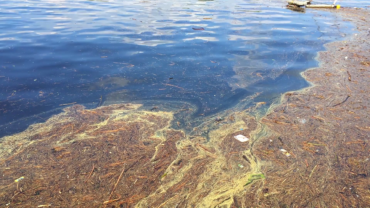 BudgetDrinking WaterEquity and Environmental JusticeFeature HomepageInfrastructureLatest NewsMilwaukeeNewsPolitics, Policy, Environmental JusticeResearch, Data and TechnologyScience, Technology, ResearchWater Quality and Restoration EffortsWisconsin
BudgetDrinking WaterEquity and Environmental JusticeFeature HomepageInfrastructureLatest NewsMilwaukeeNewsPolitics, Policy, Environmental JusticeResearch, Data and TechnologyScience, Technology, ResearchWater Quality and Restoration EffortsWisconsinHow to steer money for drinking water and sewer upgrades to the communities that need it most
-If this funding is managed smartly, we believe it can start to right these wrongs.
-
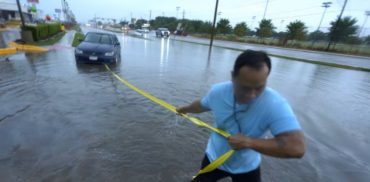 Climate ChangeFeature HomepageGroundwater ContaminationInfrastructureLatest NewsMichiganNewsResearch, Data and TechnologyScience, Technology, ResearchWater Quality and Restoration Efforts
Climate ChangeFeature HomepageGroundwater ContaminationInfrastructureLatest NewsMichiganNewsResearch, Data and TechnologyScience, Technology, ResearchWater Quality and Restoration EffortsAmerica’s summer of floods: What cities can learn from today’s climate crises to prepare for tomorrow’s
-The recent floods provide case studies that can help cities everywhere manage the increasing risk.
-
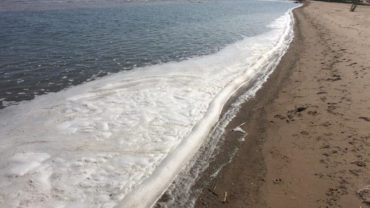 CollaborationDrinking WaterForever Chemicals FeaturedGroundwater ContaminationIndustry, Energy, Economic DevelopmentLatest NewsMichiganNewsPFASPolitics, Policy, Environmental JusticeProtectResearch, Data and TechnologyScience, Technology, ResearchWater Quality and Restoration Efforts
CollaborationDrinking WaterForever Chemicals FeaturedGroundwater ContaminationIndustry, Energy, Economic DevelopmentLatest NewsMichiganNewsPFASPolitics, Policy, Environmental JusticeProtectResearch, Data and TechnologyScience, Technology, ResearchWater Quality and Restoration EffortsHow to destroy a ‘forever chemical’ – scientists are discovering ways to eliminate PFAS, but this growing global health problem isn’t going away soon
-The latest breakthrough shows how one class of PFAS can be broken down into mostly harmless components using sodium hydroxide, or lye, an inexpensive compound used in soap. It isn’t an immediate solution to this vast problem, but it offers new insight.
-
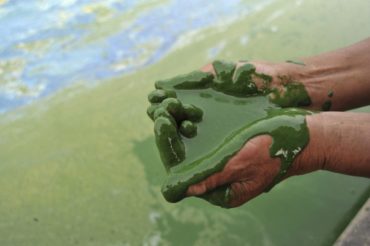 Algae BloomsAPClimate ChangeFeature HomepageFish, Birds and AnimalsForests and PlantsLake ErieMichiganNewsOhioOntarioProtectResearch, Data and TechnologyScience, Technology, ResearchThe StatesU.S. and Canadian Federal Governments
Algae BloomsAPClimate ChangeFeature HomepageFish, Birds and AnimalsForests and PlantsLake ErieMichiganNewsOhioOntarioProtectResearch, Data and TechnologyScience, Technology, ResearchThe StatesU.S. and Canadian Federal GovernmentsTo reduce harmful algal blooms and dead zones, the US needs a national strategy for regulating farm pollution
-The administration of Democratic Gov. Tom Wolf asked the state’s high court Monday to weigh in on a legal battle over Pennsylvania’s plan to charge power plants for their emissions of planet-warming carbon dioxide.
-
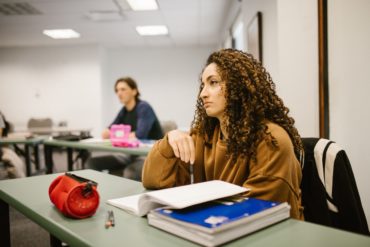
Improving science literacy means changing science education
-The administration of Democratic Gov. Tom Wolf asked the state’s high court Monday to weigh in on a legal battle over Pennsylvania’s plan to charge power plants for their emissions of planet-warming carbon dioxide.
-
 CollaborationDrinking WaterEquity and Environmental JusticeHistory and CultureIndigenous CommunitiesLatest NewsNewsOntarioPolitics, Policy, Environmental JusticeProtectTribal Governments and First NationsWater Quality and Restoration Efforts
CollaborationDrinking WaterEquity and Environmental JusticeHistory and CultureIndigenous CommunitiesLatest NewsNewsOntarioPolitics, Policy, Environmental JusticeProtectTribal Governments and First NationsWater Quality and Restoration EffortsLiving water: Northern Indigenous communities’ use and perceptions of drinking water
-In Indigenous communities that have lacked access to safe water for years, getting it is crucial. However, perceptions of the water supply affect consumption.
-

4 unexpected places where adults can learn science
-Modern society benefits when people understand science concepts. This knowledge helps explain how cryptocurrency works, why climate change is happening or how the coronavirus is transmitted from person to person.
-
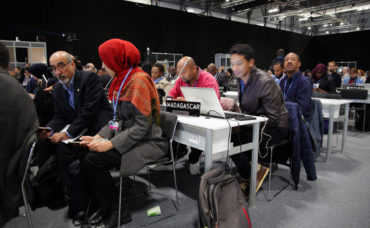
What is COP26? Here’s how global climate negotiations work and what’s expected from the Glasgow summit
-Over two weeks in November, world leaders and national negotiators will meet in Scotland to discuss what to do about climate change. It’s a complex process that can be hard to make sense of from the outside, but it’s how international law and institutions help solve problems that no single country can fix on its own.

